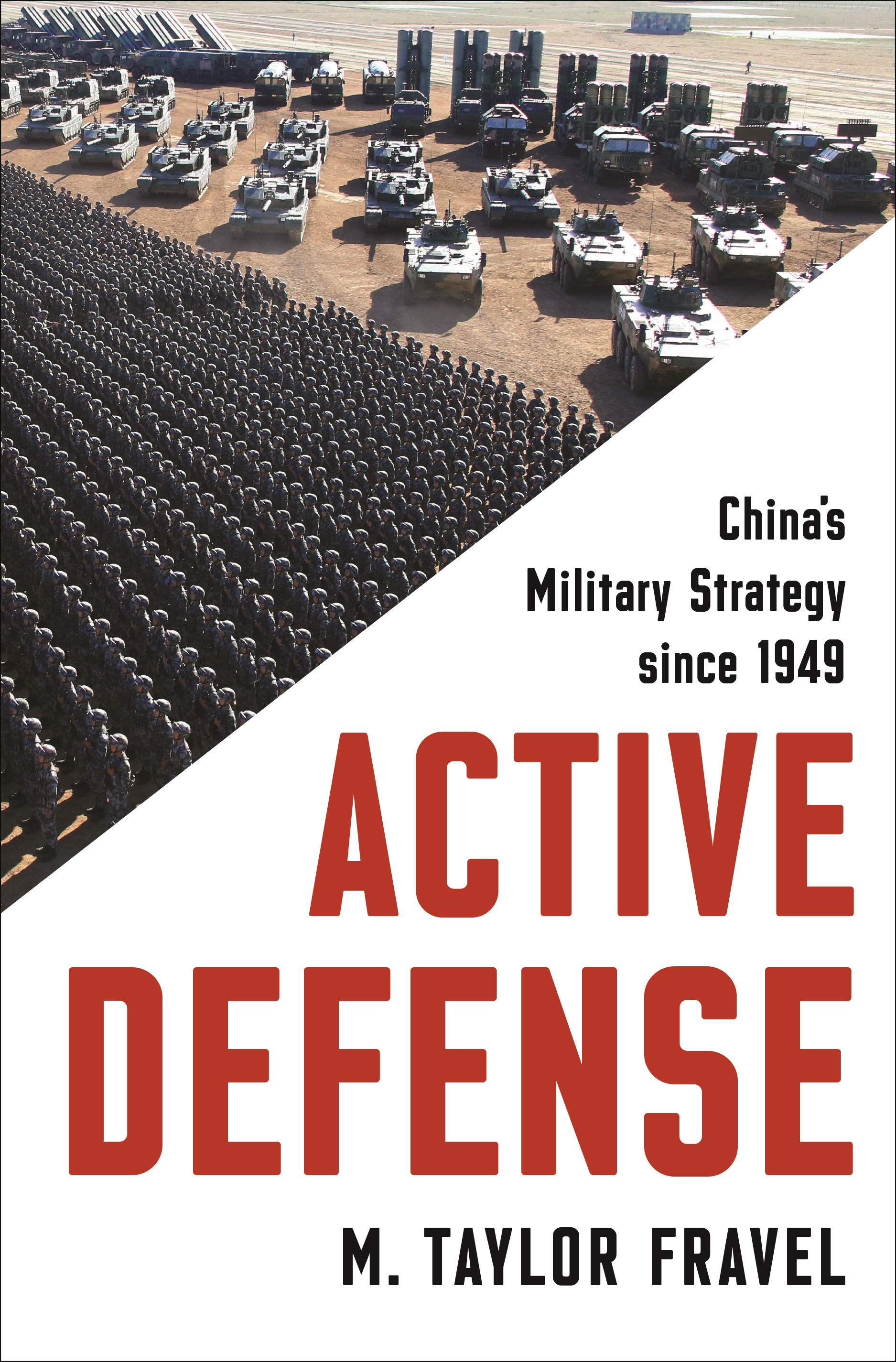Gain a practical prescription for both private and public organizations to remediate threats and maintain a competitive pace to lead and thrive in an ever-shifting environment. In today’s hyper-connected, always-on era of pervasive mobility, cloud computing and intelligent connected devices, virtually every step we take, every transaction we initiate, and every interaction we have are supported in some way by this vast global infrastructure. This set of interconnected systems comprises the fundamental building blocks of the second economy - the very foundation of our first economy. And adversaries, whether motivated by profit, principle or province, are singularly focused on winning the race through a relentless portfolio of shifting attack vectors. Make no mistake about it, we are running a race. This is a race against a faceless, nameless adversary - one that dictates the starting line, the rules of the road, and what trophies are at stake. Established assumptions must be challenged, strategies must be revised, and long-held practices must be upended to run this race and effectively compete. The Second Economy highlights a second to none approach in this fight, as the effectiveness and ROI of security solutions are increasingly measured by the business outcomes they enable. What You Will Learn: Understand the value of time and trust in a cyber-warfare world Enable agile and intelligent organizations to minimize their risk of falling victim to the next attack Accelerate response time by adopting a holistic approach Eliminate friction across the threat defense lifecycle, from protection to detection to correction Gain a sustainable competitive advantage by seizing first mover advantage Deploy solutions across an open, integrated security framework Who This Book Is For: Senior-level IT decision makers concerned with ascribing business value to a robust security strategy. The book also addresses business decision makers who must be educated about the pervasive and growing cyber threatscape (including CXOs, board directors, and functional leaders) as well as general business employees to understand how they may become unwitting participants in a complex cyber war.












